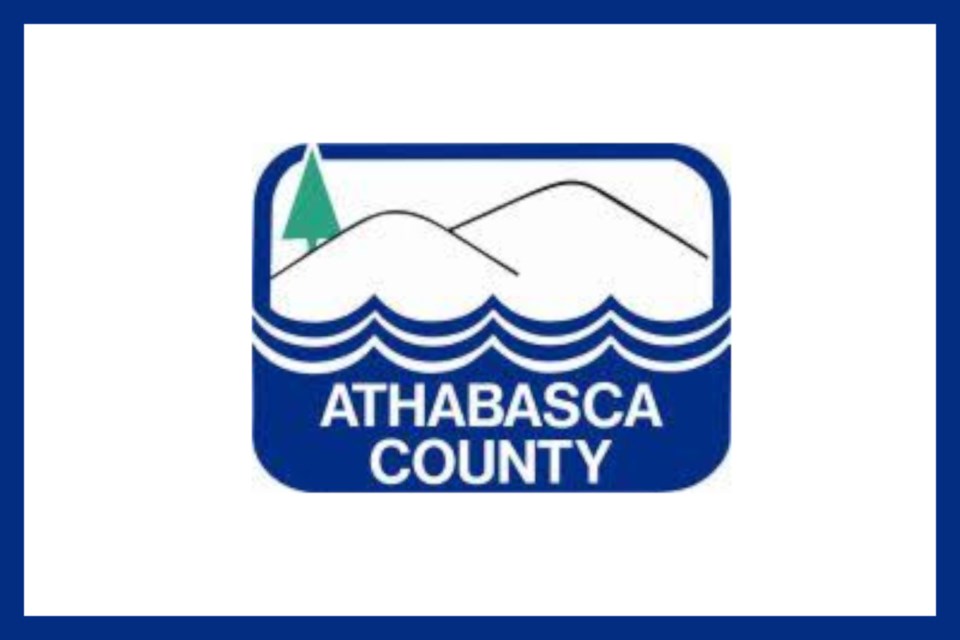ATHABASCA — In Athabasca County there are 2,600 properties which are taxed correctly but generate virtually no income for the municipal coffers, which council opted to address with the implementation of a minimum tax, but that move is leading to some confusion.
At the April 12 regular meeting, three scenarios were presented to the council with different applications of increases to various assessment classes but the sticking point for some councillors, especially Coun. Joe Gerlach and Coun. Tracy Holland, was the notion of the minimum tax.
“I don't think we all have a thorough understanding of exactly the implications that a minimum tax is going to put on this county and our ratepayers,” Holland said.
Holland then went on to compare minimum taxes in the 63 municipal districts but did not mention the minimum tax rates in the 69 counties, of which Athabasca County is one.
“Out of the 63 municipal districts, we have 41 that have minimum taxes that include farmland, the highest minimum tax in all of those is $200. The number of municipal districts with a minimum tax that are $100 and above are six,” she said. “So, what that turns out to be is the actual average for MDs of our nature is $49.34.”
She added a minimum tax of $250 would put Athabasca County as the highest “for all municipal districts in all of Alberta.”
“We haven't had enough time, we're five months on the job here. We haven't had enough time to really sit down and consider the implications that this is going to have on our ratepayers, and I have a feeling that when people get their tax notices with anything like this on it, we're gonna have a lot of upset people,” Holland said. “I know I've been getting phone calls already and there's a lot of concerns with this and I do not agree with it and I think it's extremely unfair.”
Gerlach noted any increases should be made through the mill rate, the tax per $1,000 worth of property.
“Our mill rate for farmland is 12.515, Thorhild is around 18, Westlock is around 28, so I think our millage rate is extremely low,” he said. “And the adjustment that needs to be made should be through the mill rate because this minimum tax makes absolutely no sense.”
Gerlach said he did some calculations based on 5,000 properties and the numbers showed him increases of over 100 per cent. Reeve Brian Hall asked him to explain the math because he did not get the same numbers.
“I was going with 5,000 properties at $250 per property is $1,250,000 and if it's generating an extra $650,000 … it is in excess of 100 per cent because it'd be $650 as opposed to $600 which also includes a school portion which is almost 20 per cent,” he said. “And I don't know how you would expect those 5,000 properties just sit back and just say, ‘Gee, that was a great idea.’”
Interim CAO Dawn Phillips noted the budget has been approved so the revenue portion needed to be approved too.
“I am confused why we would pass a budget and not have confirmation of exactly what our tax revenue is going to be,” Holland said.
Coun. Camille Wallach pointed out there are many undeveloped properties owners still use for camping, hunting and more so a minimum tax makes sense as they use infrastructure to access the land.
“When we're considering the minimum tax, we have to realize that not all of this is going on farmland,” she said. “We have a lot of acreages for recreational use in our community. A lot of five acre lots that are for camping on the weekend, come out quadding, so those people would be affected too and I think they need to be paying their fair share of the user facilities.”
Gerlach firmly disagreed though, saying it was unfair to place a minimum tax on producing land, citing the assessment doesn’t take into account the actual cost.
“It is illogical. It is unfair. For a number of years, the county has had a formula based on the productive capability of agricultural land. That's what it's based on,” he said. “We're confusing market value assessment and saying properties of equal value should be equally taxed. That's not the way it works.”
Hall said there are various ways to use taxation.
“The tax system is actually set up so that there is horizontal and vertical equity,” he said. “Properties of similar values should be taxed similarly, and properties of disproportionate value can be taxed disproportionately. That's the design of the system. Farmland is a regulated property and is outside of that system.”
First and second readings passed 6-3 and the final reading was put over to the next meeting April 27.



